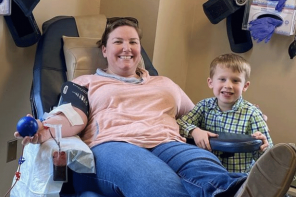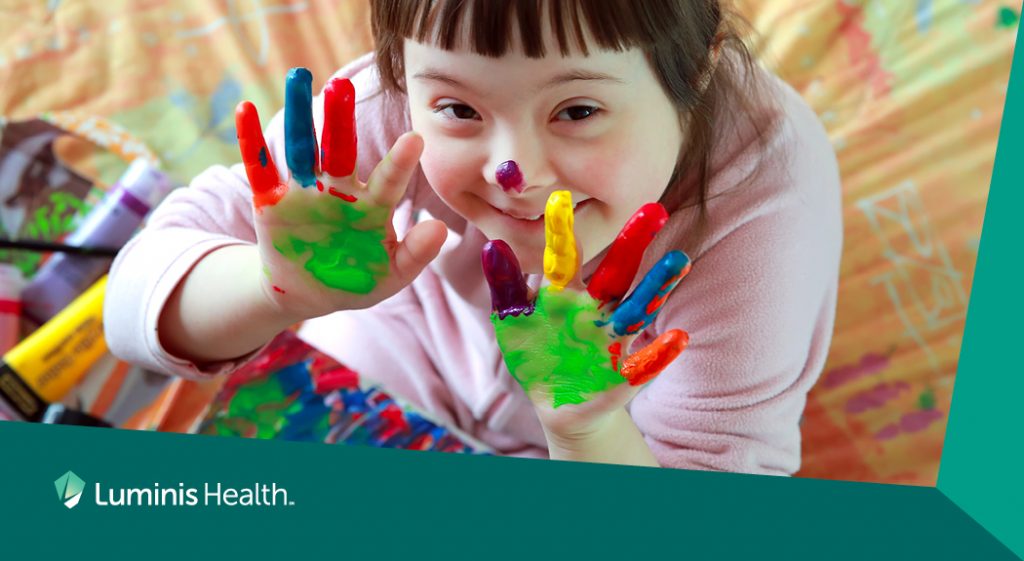Setting off fireworks is a fun and festive way to celebrate July 4. But fireworks and other explosives can also be dangerous.
According to the U.S. Consumer Product Safety Commission, fireworks-related injuries send around 230 people to the emergency room around July 4. Risk of fireworks injuries is highest for children ages five through nine.
Don’t let your celebration turn into tragedy. Here are some of the most common fireworks-related injuries that doctors treat around this holiday, and what to do if you or a loved one is hurt.
Hand burns
A hand burn is the most common injury from fireworks. A minor or first-degree burn causes redness and mild pain. More serious second-degree burns cause blisters, while the most serious third-degree burns cause white or blackened skin and possible numbness.
If you have a first aid kit at home, now is a good time to make sure it’s up to date with over-the-counter pain medicine, cloths, burn pads and Aloe Vera gel for cooling down minor burns. If it’s a major burn that requires a trip to the emergency room, you can use a plastic wrap to protect the injury while you wait for treatment.
Never pick up a firework that hasn’t ignited, and keep a bucket of water and a charged hose nearby.
Other hand injuries
Fireworks can cause other hand injuries including cuts, torn tendons and broken bones.
In the case of a serious hand injury, take off your jewelry, cover your hand with a clean cloth, put an ice pack on the injury and elevate your hand. Seek medical care immediately.
Facial injuries
Injuries can include broken bones and loss of facial tissue.
If this happens to you, keep your head raised, cover the injury with a clean cloth, place an ice pack over it and get emergency care immediately.
Eye injuries
In case of an eye injury, get medical attention immediately. Don’t attempt to rinse out the eye, and avoid putting pressure on it. You should also avoid taking aspirin or ibuprofen, which thins the blood and may increase bleeding. And don’t apply ointment or other topical medication, which is probably not sterile.
Remember to wear safety glasses when shooting fireworks.
Hearing loss
Sounds that are louder than 85 decibels can cause permanent hearing loss. Fireworks that are three feet away can be as loud as 150 decibels, so keep your distance. If you experience pain or ringing in your ears, make an appointment to see your doctor.
Other risks
Fireworks aren’t the only risky July 4 tradition. Sparklers burn at temperatures of about 2,000 degrees Fahrenheit, and can quickly cause clothing to catch on fire. Bottle rockets, firecrackers and Roman candles can also be dangerous if used incorrectly.
Maryland generally bans private displays of fireworks, and a permit must be obtained for a fireworks display.
Fireworks, sparklers and other July 4 favorites are not toys, so don’t treat them that way. Take proper care if you are going to be using these items, and have a safe and happy Fourth of July.
 is the medical director of Emergency Services at Anne Arundel Medical Center.
is the medical director of Emergency Services at Anne Arundel Medical Center.



